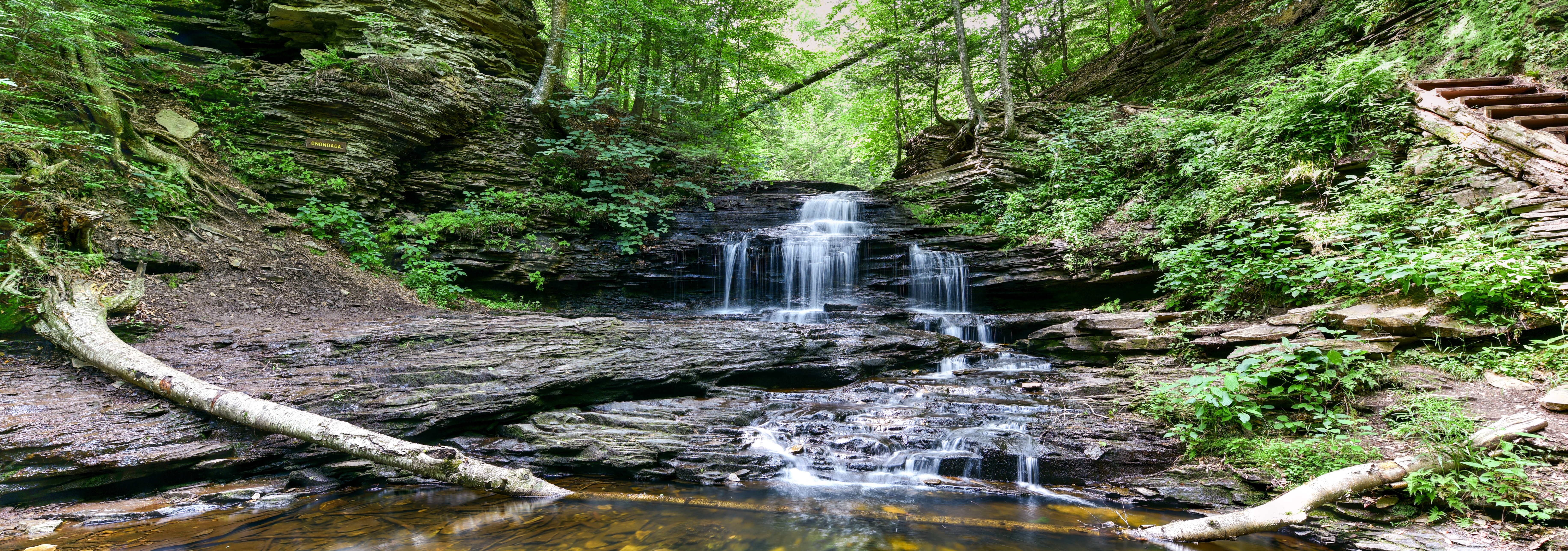Quantitative applications of sUAS (drone) technology in monitoring recent and historical mass wasting/landslide events, Colorado USA
Presenter
Gregory S. Baker, PhD
Professor of Geology
Dept of Physical & Environmental Sciences
Colorado Mesa University
PCPG will circulate a PDH certificate documenting registrant’s participation time, not to exceed 60 minutes, within 72 hours of the conclusion of the webinar.
Level: Basic/General
Who should attend: This webinar is designed for a broad audience. General geoscience terminology will be used. Specific drone-related vocabulary will be explained during the webinar.
Webinar Overview: Utilization of time-lapse spatial differencing—where magnitudes of surface topography changes can be quantified in three dimensions by comparing digital surface models from multiple time periods—is becoming more common. The availability and acquisition of 3D surface topography via LiDAR, drone-based structure-from-motion (SfM), or related techniques has increased exponentially in the previous decade.
A prerequisite to time-lapse spatial differencing is having “before” data from a time period prior to an event being studied, such as mass wasting, as well as the more-frequently collected data after an event. As the cost burden of LiDAR and SfM have decreased and the availability of “before” datasets has increased, time-lapse spatial differencing analyses are more readily available. Examples will be presented from two case studies. The first will be time-lapse spatial differencing results from a LiDAR-SfM comparison at the site of the 2014 West Salt Creek Landslide in Western Colorado, USA, highlighting a decade of post-slide movement and slope adjustment.
The second case-study will present data from several steep-sided stream drainages impacted during the 2020 Pine Gulch Fire in Western Colorado, USA, and the volume and geometry of resulting fire-related slope movement.
About our presenter: Dr. Greg Baker received his BS and MS degrees from Lehigh University and his PhD from Dr. Don Steeples at the University of Kansas in 1999. He considers himself an applied geologist—meaning field work and hypothesis testing in real world situations are paramount—and his principle tools fall into the “remote sensing” category including techniques such as shallow seismic imaging, ground penetrating radar, and quantitative sUAS (drone) photogrammetry. Dr. Baker has over two decades of research at the R-1 level (his work has been cited over 1400 times with an h-index of 21), but his passion has always been in teaching; thus, his current position as Professor of Geology at Colorado Mesa University in Grand Junction, Colorado, is exactly the right fit with a world-class outdoor classroom.
He has been a participant in large-scale projects including: superfund sites (e.g., identifying uranium groundwater contamination at Oak Ridge National Laboratory, Tennessee USA); large mining sites (e.g., protecting water resources near the Los Azules copper mine, San Juan Argentina); DoD remediation (Forts Richardson & Wainwright in Alaska USA), and climatology (e.g., Holocene evolution of parabolic dunes, White River Badlands, South Dakota; mapping ice/water transport, Matanuska Glacier, Alaska USA).
Please read: After registering on our site you'll receive a PCPG confirmation email indicating Action Required in the subject line. Your registration is not complete until you click through the unique link in that email directing you to the GoToWebinar web site, enter your name, email address, consent to terms and conditions, and click the Register button. Check your spam filter if you do not see the PCPG 'Action Required' email within 60 seconds of registering, here; or ask IT to release the Email. If you use Gmail, our system workflow emails are received into some other Gmail folder. Please check all Gmail folders and white-list @pcpg.org emails.


